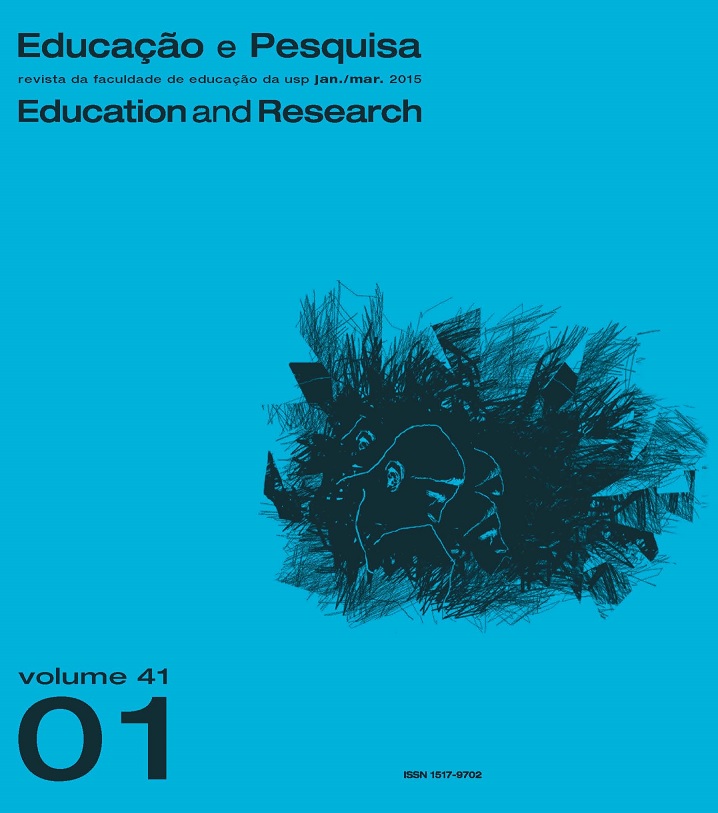Concealed selection in public schools: practices, processes and generating principlesI
DOI:
https://doi.org/10.1590/S1517-97022015011488Abstract
In the area of studies concerning competitive interdependence relations between schools, this article presents the results of an exploratory investigation which sought to understand the processes and practices used by ordinary public schools – state and municipal ones – located in predominantly poor suburban areas and in the context of a mode of regulation that inhibits families from choosing a school, as well as schools from operating selection processes. The study also sought to understand the principles that guide these selection processes and practices. Using the snowball procedure, this qualitative study interviewed school secretaries in charge of enrolment. The analysis of data revealed the existence of two selection processes: (i) avoidance, which consists of denying registration and not accepting enrolments when applicants are evaluated as a supposed threat to discipline; and (2) concealed expulsion, when undesired students are invited to find another school due to conflicts and behavior problems. In both cases, the main generating principle of practices and processes is the pursuit of a disciplined school environment. Data indicate that such prejudices seem to overly penalize families of lower socio-economic and cultural levels who present dispositions that are more distant from school culture.Downloads
Download data is not yet available.
Downloads
Published
2015-03-01
Issue
Section
Articles
License
Authors assume exclusive responsibility for the concepts expressed in their articles, which do not necessarily reflect the journal’s opinion.
Permission to photocopy all or part of the material published in the journal is granted provided that the original source of publication be assigned.
How to Cite
Concealed selection in public schools: practices, processes and generating principlesI . (2015). Educação E Pesquisa, 41(1), 137-152. https://doi.org/10.1590/S1517-97022015011488



